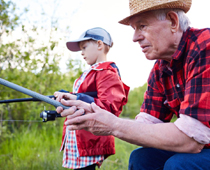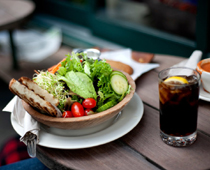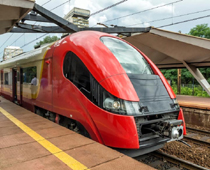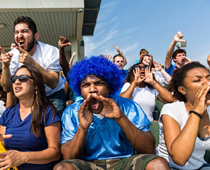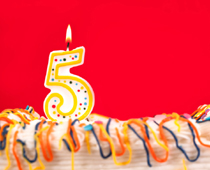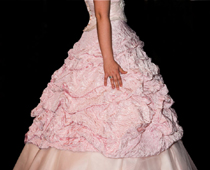
Ask the AI Tutor
Need help with Verbs 01? Ask our AI Tutor!
AI Tutor - Lucy
Connecting with Tutor...
Please wait while we establish connection
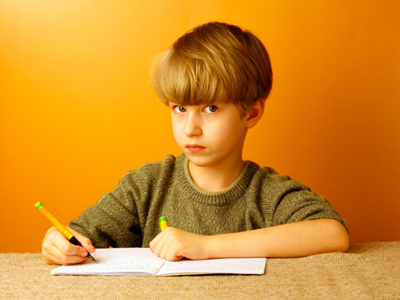
Did you know that it is impossible to have a sentence without a verb?
Verbs 01
Verbs are action words that tell us what someone or something is doing. This KS2 English quiz helps pupils identify verbs and use them correctly in sentences.
To see a larger image, click on the picture.
1 .
2 .
3 .
4 .
Find the verb(s) in the following sentence.
They could see a bright rainbow in the sky.
They could see a bright rainbow in the sky.
They, could
could, see
see, bright
bright, sky
'Could' and 'see' work together in this sentence. 'Could' is a modal verb, which is a type of auxiliary (helper) verb - it is not possible to use 'could' without another verb.
5 .
6 .
7 .
8 .
9 .
**Unlimited Quizzes Await You! 🚀**
Hey there, quiz champ! 🌟 You've already tackled today's free questions.
Ready for more?
Ready for more?
🔓 Unlock UNLIMITED Quizzes and challenge yourself every day. But that's
not all...
not all...
🔥 As a Subscriber you can join our thrilling "Daily Streak" against other
quizzers. Try to win a coveted spot on our Hall of Fame Page.
quizzers. Try to win a coveted spot on our Hall of Fame Page.
Don't miss out! Join us now and keep the fun rolling. 🎉
**Unlimited Quizzes Await You! 🚀**
Hey there, quiz champ! 🌟 You've already tackled today's free questions. Ready for more?
🔓 Unlock UNLIMITED Quizzes and challenge yourself every day. But that's not all...
🔥 As a Subscriber you can join our thrilling "Daily Streak" against other quizzers. Try to win a coveted spot on our Hall of Fame Page.
Don't miss out! Join us now and keep the fun rolling. 🎉




